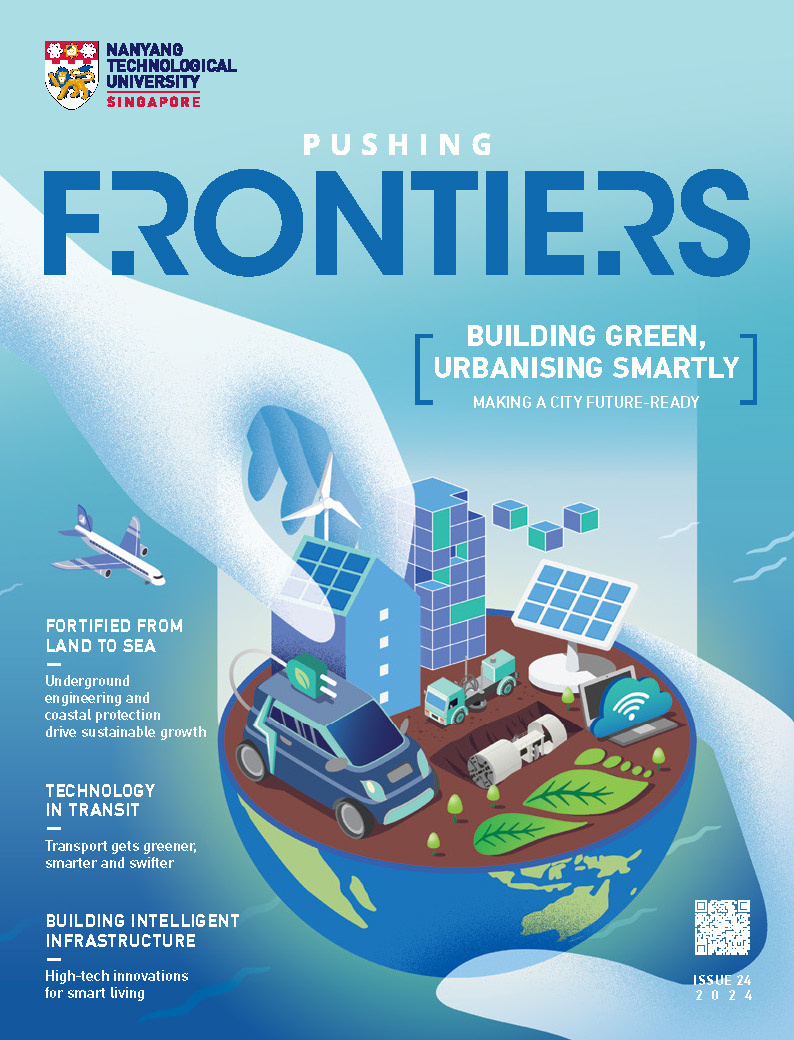Employing nature’s toolbox: Assoc Prof Joachim Loo
Materials scientist Assoc Prof Joachim Loo develops micro- and nanosized drug and nutrient delivery systems to battle Parkinson's disease, diabetes and malnutrition.

Assoc Prof Joachim Loo’s sense of achievement comes from solving real problems faced by people everywhere. The materials scientist extracts biodegradable polymers from food waste and other natural sources and transforms them into micro- and nanosized particles.
“What’s unique about all these particles is that, regardless of their structure, they are produced in one single step,” explains Assoc Prof Loo, who is also Associate Chair (Students) at NTU’s School of Materials Science and Engineering.
In collaboration with colleagues at Singapore’s National Neuroscience Institute, Assoc Prof Loo is developing a controlled L-dopamine drug delivery system for Parkinson’s disease patients. He plans to commercialise the invention through a spin-off company set up with the help of NTUitive, NTU’s commercialisation arm. Assoc Prof Loo notes that sustained-release antibiotics delivery could be another application.
In addition, his team is developing cheap biopolymer particles made from food waste to encapsulate iron, β-carotene and other micronutrients in a project funded by the Bill & Melinda Gates Foundation. Under his joint appointment at NTU’s Singapore Centre for Environmental Life Sciences Engineering, Assoc Prof Loo is working on a slow-release antibacterial drug delivery system that could help to destroy pathogen-harbouring biofilms in biomedical applications such as the treatment of skin wounds.
Assoc Prof Loo is a principal investigator in the NTU-Harvard School of Public Health Initiative for Sustainable Nanotechnology (NTU-Harvard SusNano), and collaborates with researchers at Harvard University, where he holds a joint appointment as a visiting professor.
At NTU-Harvard SusNano, researchers are developing tiny nanocellulose fibre balls that absorb triglyceride molecules from food, potentially serving as food additives to help in triglycerides and weight management. In another joint project, Assoc Prof Loo encapsulated extracts from berries of the Indian herb Withania coagulans—known for their anti-diabetic effects—in biopolymer nanoparticles. Tested in diabetic mice, the extract-loaded nanoparticles reduced glucose levels faster than antidiabetic drugs currently in use.
Having co-authored 15 patents to date, Assoc Prof Loo is planning to further develop his inventions in spin-off companies and industry collaborations.














/enri-thumbnails/careeropportunities1f0caf1c-a12d-479c-be7c-3c04e085c617.tmb-mega-menu.jpg?Culture=en&sfvrsn=d7261e3b_1)

/cradle-thumbnails/research-capabilities1516d0ba63aa44f0b4ee77a8c05263b2.tmb-mega-menu.jpg?Culture=en&sfvrsn=1bc94f8_1)

7e6fdc03-9018-4d08-9a98-8a21acbc37ba.tmb-mega-menu.jpg?Culture=en&sfvrsn=7deaf618_1)

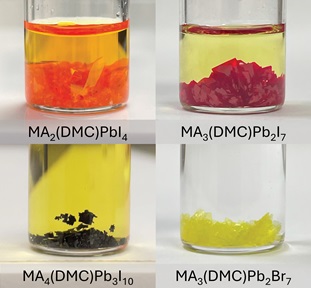






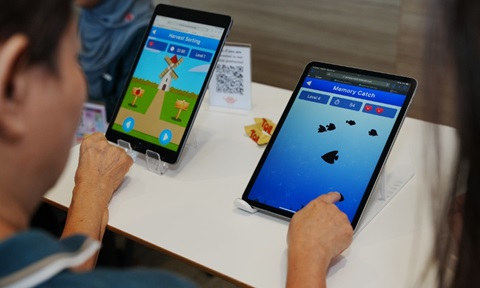
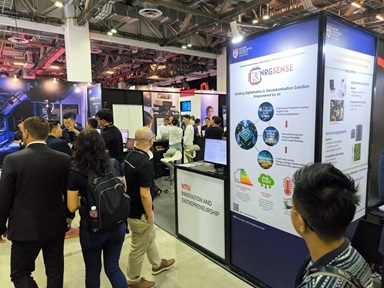
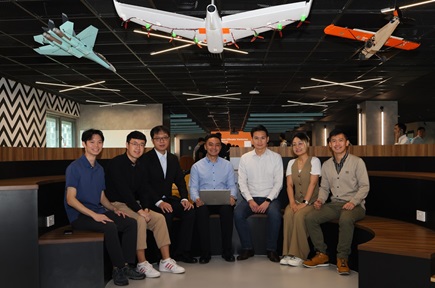



.tmb-listing.jpg?Culture=en&sfvrsn=83fa0b1d_1)


-and-professor-hu-xiao-from-ntu-singapore.tmb-listing.jpg?Culture=en&sfvrsn=d0bcffec_1)
























